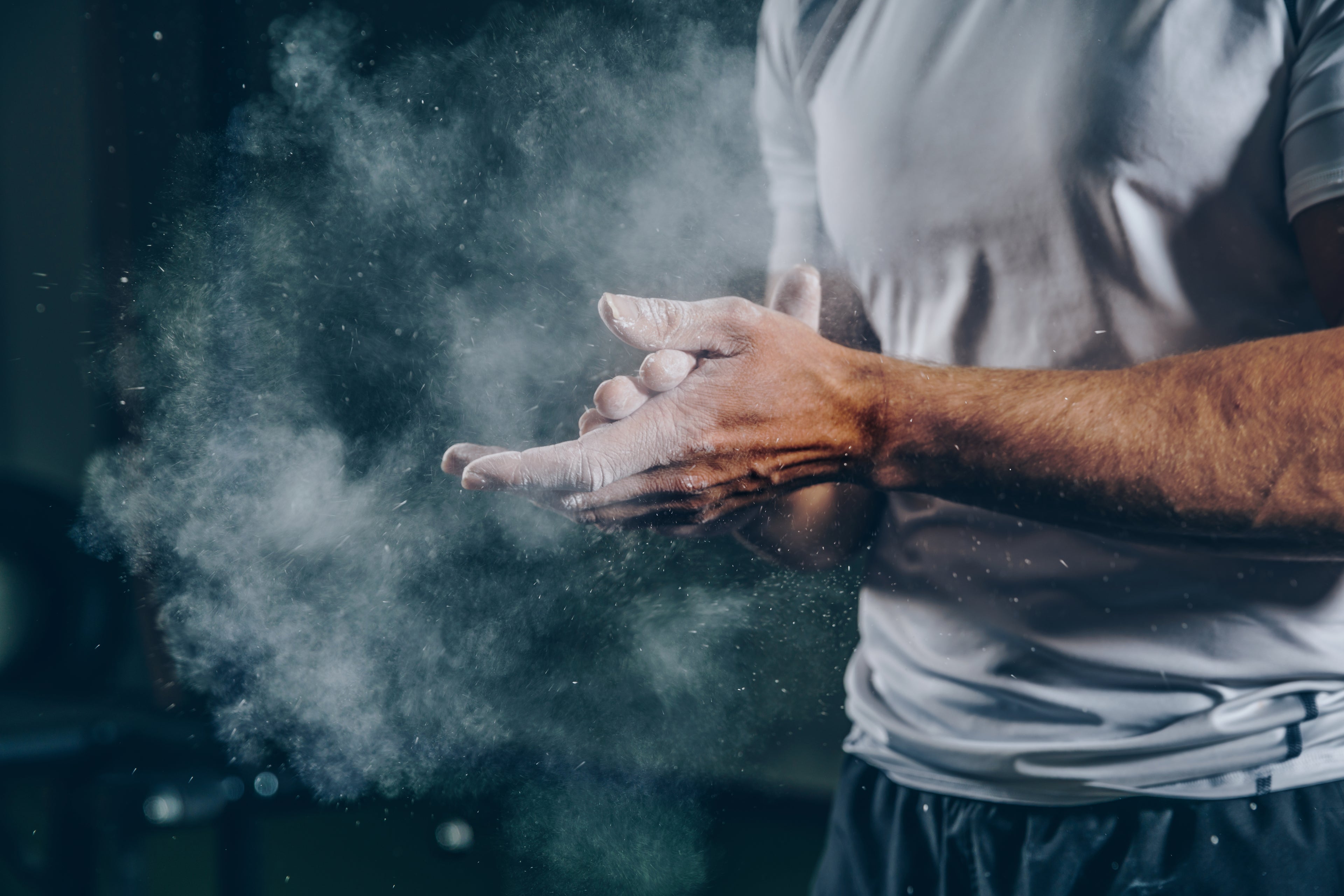
Diet and Nutrition
Diet and Nutrition for Optimized Calisthenics Performance
For calisthenics athletes, diet and nutrition are just as important as the training itself. Proper nutrition supports muscle building, recovery and overall performance. This becomes even more significant when advanced training techniques such as drop sets and supersets are integrated into the training program, as they increase the nutritional requirements. This article focuses on the importance of proper diet and nutrition for those specializing in calisthenics.
Macronutrients: Protein, Carbohydrates and Fat
-
Protein:
- Crucial for muscle repair and building, especially important in calisthenics where muscles are often challenged to their maximum capacity.
- Recommended intake: 1.2-2.0 grams per kg of body weight, depending on training intensity and goal.
-
Carbohydrates:
- Primary energy source for high-intensity training, such as drop sets and supersets.
- Complex carbohydrates from whole grains, fruits and vegetables are recommended for long-lasting energy.
-
Cool:
- Healthy fats from sources such as nuts, seeds, avocados and fish are essential for hormonal balance and overall health.
- Fat should make up a moderate proportion of total caloric intake.
Micronutrients and Hydration
- Vitamins and Minerals: A balanced intake of micronutrients is necessary for energy production, muscle contraction and recovery. This includes calcium, magnesium, iron and B vitamins.
- Hydration: Water plays a critical role in every body function. Adequate hydration is essential, especially during and after intense exercise.
Specific Nutritional Advice for Drop Sets and Super Sets
When you integrate drop sets and supersets into the training program, the physical load increases, and thus also the need for proper nutrition.
- Increased Protein Intake: Since these training techniques can lead to more pronounced muscle fatigue, a slightly increased amount of protein can help with faster recovery.
- Carb-Loading: Consider increasing carbohydrate intake before training to ensure sufficient energy supply for the intensive sets.
- Post-Exercise Snacks: After exercise, it is ideal to consume a combination of proteins and fast carbohydrates to kick-start the recovery process.
Dietary supplements
- While a well-balanced diet should be the first priority, supplements such as whey protein, BCAAs (branched chain amino acids), and creatine can be helpful in supporting muscle building and recovery.
Conclusion
Proper diet and nutrition is essential for anyone practicing calisthenics, especially when techniques such as drop sets and supersets are used. A focused approach to macro- and micronutrients and hydration can significantly improve training results and overall health. It's important to remember that nutritional needs are individual, so it may be beneficial to consult with a nutritionist to tailor a plan that best fits your personal goals and lifestyle.